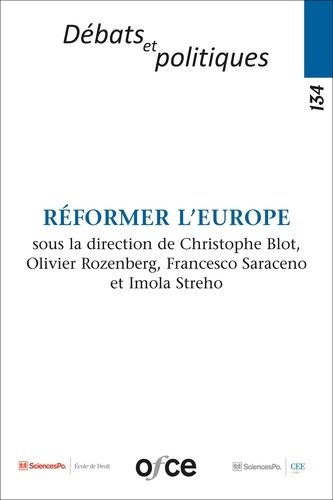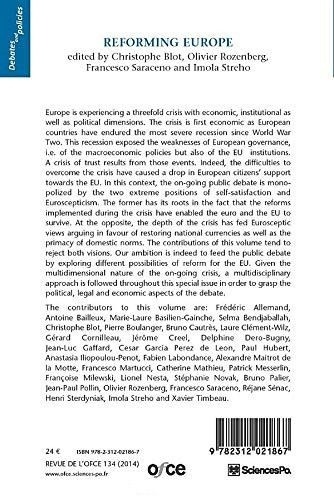En cours de chargement...
Europe is experiencing a threefold crisis with economic, institutional as well as political dimensions. The crisis is first economic as European countries have endured the most severe recession since World War Two. This recession exposed the weaknesses of European governance, i. e. of the macroeconomic policies but also of the EU institutions. A crisis of trust results from those events. Indeed, the difficulties to overcome the crisis have caused a drop in European citizens' support towards the EU.
In this context, the on-going public debate is monopolized by the two extreme positions of self-satisfaction and Euroscepticism. The former has its roots in the fact that the reforms implemented during the crisis have enabled the euro and the EU to survive. At the opposite, the depth of the crisis has fed Eurosceptic views arguing in favour of restoring national currencies as well as the primacy of domestic norms.
The contributions of this volume tend to reject both visions. Our ambition is indeed to feed the public debate by exploring different possibilities of reform for the EU. Given the multidimensional nature of the on-going crisis, a multidisciplinary approach is followed throughout this special issue in order to grasp the political, legal and economic aspects of the debate.



